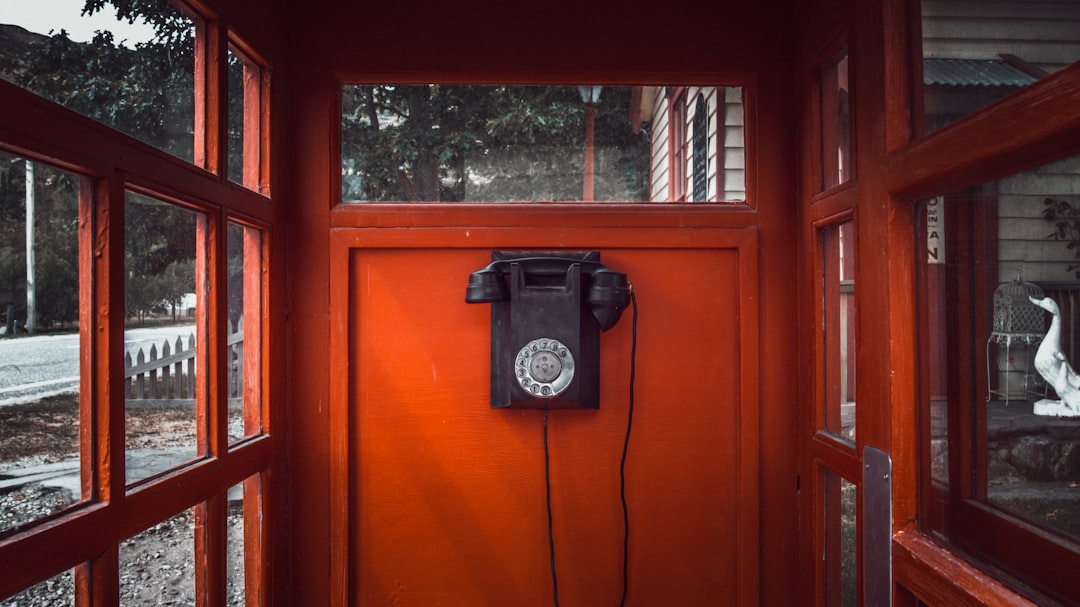Nonprofits in Massachusetts face strict regulations on telemarketing calls under the state's "No Call" laws. These laws prohibit automated, prerecorded, and late-night calls unless consented to by recipients. To comply and avoid legal issues, nonprofits should consult specialized No Call Lawyers or Attorneys in Massachusetts, who can guide them on implementing effective opt-out mechanisms, staff training, and do-not-call policies, ensuring ethical fundraising practices within the regulated environment. Immediate action is advised if unauthorized calls violate these laws, with documentation serving as evidence for legal representation by qualified professionals.
In the dynamic landscape of nonprofit fundraising, navigating legalities is paramount. Middleborough, Massachusetts, like many areas, has strict ‘No Call’ laws designed to protect residents from unwanted phone solicitations. This comprehensive guide delves into the intricate world of these laws and their implications for nonprofits. From understanding No Call Lawyer Massachusetts and their roles, to tackling spam call issues and exploring legal recourse, we provide essential insights. Nonprofits seeking to balance fundraising effectiveness with compliance will find this a valuable resource.
Understanding No Call Laws in Massachusetts: A Comprehensive Guide for Nonprofits

In Massachusetts, No Call laws are designed to protect residents from unwanted telemarketing calls, ensuring a peaceful and private home environment. These regulations are stringent, especially for nonprofits aiming to raise funds through phone campaigns. Understanding and adhering to these laws is crucial for any organization seeking to avoid legal repercussions and maintain a positive reputation. A No Call Lawyer Massachusetts or a dedicated No Call Attorney Massachusetts can offer invaluable guidance on navigating these rules.
Nonprofits must be aware that certain types of calls are strictly prohibited, including automated messages, prerecorded calls, and calls made after 9 p.m. to 8 a.m., unless the caller has prior consent from the recipient. Organizations should also ensure they have proper opt-out mechanisms in place, allowing individuals to easily discontinue receiving calls. By employing ethical fundraising practices and consulting with a Spam Call law firm Massachusetts or a No Call law firm Massachusetts, nonprofits can effectively manage their campaigns while respecting resident preferences and adhering to state laws.
The Role of a No Call Lawyer: Protecting Nonprofits from Unwanted Phone Calls

In the realm of nonprofit fundraising, a strategic and legal approach to donor engagement is paramount. One critical aspect often overlooked is navigating the complex landscape of no-call laws, which are designed to protect individuals from unwanted phone solicitations. A No Call Lawyer in Massachusetts plays a pivotal role here, ensuring nonprofits abide by these regulations while effectively reaching out to potential donors.
These attorneys specialize in the state’s Spam Call law, offering guidance on compliance and strategic fundraising practices. By employing their expertise, nonprofits can minimize risks associated with phone campaigns, such as irate donors or legal repercussions. A Massachusetts No Call Attorney is well-versed in interpreting and applying these laws, enabling organizations to focus on their mission while maintaining ethical and lawful practices in their fundraising endeavors.
Common Spam Call Issues Faced by Massachusetts Nonprofits and How to Address Them

Many nonprofits in Massachusetts encounter common challenges related to spam calls, which can significantly impact their fundraising efforts. These unwanted phone calls often violate state regulations, such as the No Call Laws, and can lead to legal consequences for the organizations and their representatives. Nonprofit organizations must be vigilant in protecting their donors from telemarketing or sales calls, especially when seeking financial support.
To address these issues, nonprofits should consider hiring a dedicated No Call Lawyer or No Call Attorney in Massachusetts who specializes in this area. Legal professionals can guide them on adhering to the state’s strict anti-spam call laws. This includes implementing effective do-not-call policies, providing clear opt-out options for recipients, and regularly training staff and volunteers on fundraising ethics. By taking proactive measures and seeking legal counsel when needed, nonprofits can ensure their fundraising practices remain compliant, respectful, and successful in the No Call Laws landscape of Massachusetts.
Legal Recourse: What to Do If Your Nonprofit is Violated by Unwanted Phone Calls

If your nonprofit organization in Middleborough, Massachusetts, is facing unwanted phone calls in violation of state No Call laws, it’s crucial to take immediate action. The first step is to document every instance of these unauthorized calls, including dates, times, and any specific information about the callers. This evidence will be vital if you decide to pursue legal recourse.
Next, consider reaching out to a qualified No Call Lawyer Massachusetts or No Call Attorney Massachusetts. These experts are well-versed in spam call laws and can provide guidance tailored to your situation. A reputable No Call Law Firm Massachusetts can help assess the legality of the calls, file complaints with relevant authorities, and even represent you in court if necessary. Their expertise ensures that your nonprofit’s rights are protected under No Call Laws Massachusetts.
Navigating Fundraising Practices: Balancing Legal Compliance and Effective Fundraising Strategies

Navigating fundraising practices in Middleborough requires a delicate balance between legal compliance and effective strategies to ensure success. Nonprofit organizations often rely on door-to-door, phone calls, and mail campaigns to reach potential donors. However, these methods are subject to state regulations, particularly Massachusetts’ No Call Laws. These laws protect residents from unwanted telemarketing calls, including those from charitable organizations.
Organizations must be mindful of consumer rights and adhere to strict guidelines to avoid legal repercussions. Engaging a qualified No Call Lawyer or No Call Attorney in Massachusetts can help nonprofits understand and comply with the Spam Call law firm Massachusetts while still achieving their fundraising goals. By ensuring compliance, nonprofits can focus on connecting with donors meaningfully, fostering relationships, and ultimately maximizing donations to support their worthy causes.






